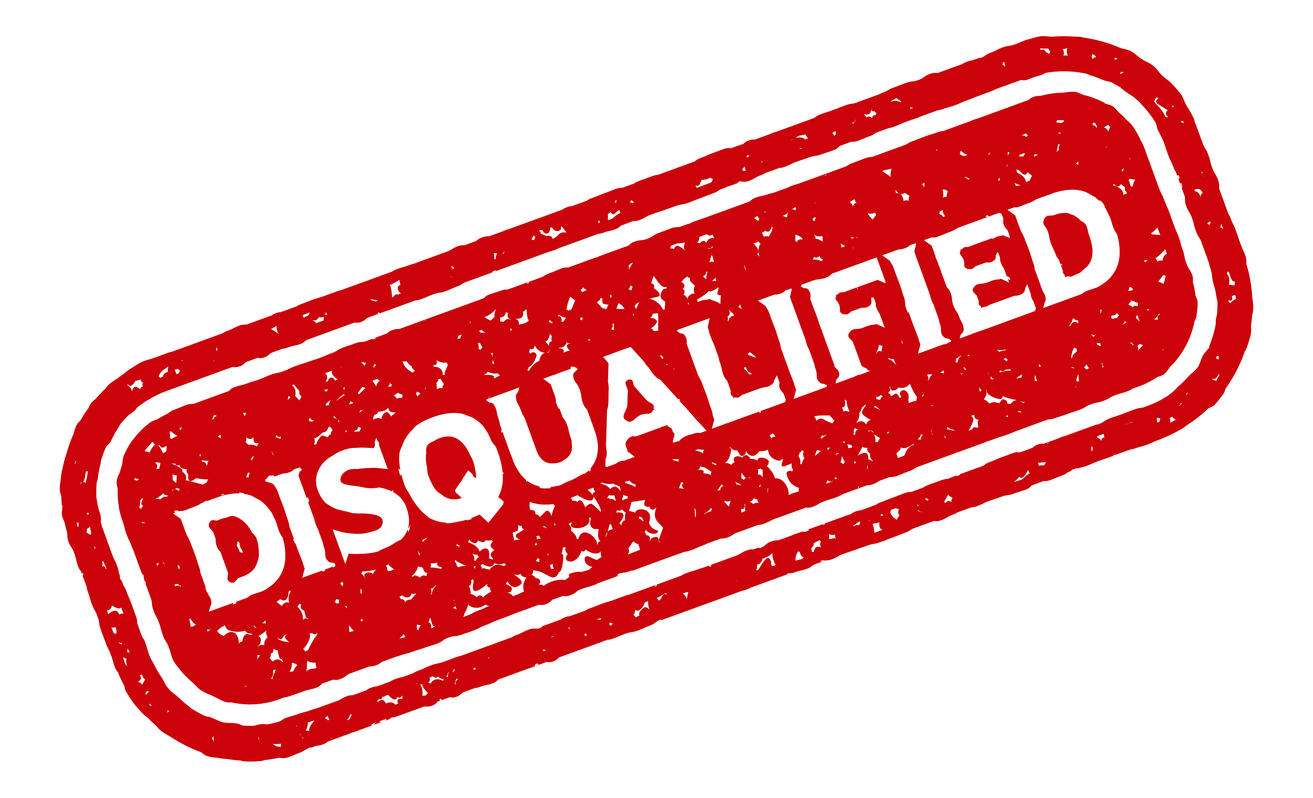— S.W.3d —-,
Tex. App.-Austin, June 12, 2009
On March 25, 2005, a hailstorm damaged the Spicewood Summit Office Condominiums. Spicewood reported the damage to their insurer, America First Lloyds, on March 28, 2005.
On June 13, 2007, after several inspections and supplemental payments, Spicewood filed suit against the insurer for breach of the insurance contract, violation of the prompt-payment statute (Tex. Ins. Code 542.051) and attorneys’ fees.
The state trial court granted summary judgment in favor of America First, holding that the two year and one day contractual limitations period provided for in the policy had run before Spicewood filed suit. The Texas Court of Appeal reversed the summary judgment.
In Texas, the general rule is the statute of limitations for a breach of contract action is four years from the day the cause of action accrues. Section 16.070(a) of the Texas Civil Practice and Remedies Code allows parties to shorten the limitations period by contract, but it cannot be less than two years. A contract, or agreement that establishes a limitations period shorter than two years is void. Simply stated, a contractual limitations period cannot end until two years after the day the cause of action accrues.
The accrual of a cause of action means the right to institute and maintain a suit. Thus, if a contractual limitations period is two years, the contract cannot establish a trigger for that period that occurs prior to the accrual of the cause of action because it would, in effect, shorten the contractual limitation to less than two years.
Unfortunately for America First, that was the effect of its policy provisions. The insurance contract contained the following provision:
No one may bring a legal action against [America First] under this policy unless:
a. There has been full compliance with all the terms of this insurance, and
b. The action is brought within 2 years and one day after the date on which the direct physical loss or damage occurred.
According to subsection (b), the two-year contractual limitations period started on the date of loss. Subsection (a) required “full compliance with all the terms” of the insurance policy before Spicewood could bring a “legal action.” The terms of the contract required several conditions precedent which would consume weeks, if not months. Therefore, Spicewood could not have filed suit on the day after the loss, so the effect of subsection (a) was to shorten the contractual limitation to less than two years.
Accordingly, the Court of Appeals held the two year contractual limitation was void, and the four year statute of limitations governed Spicewood’s claims for breach of contract, violation of the prompt-payment statute, and related attorneys’ fees.
You can read the full opinion here.



